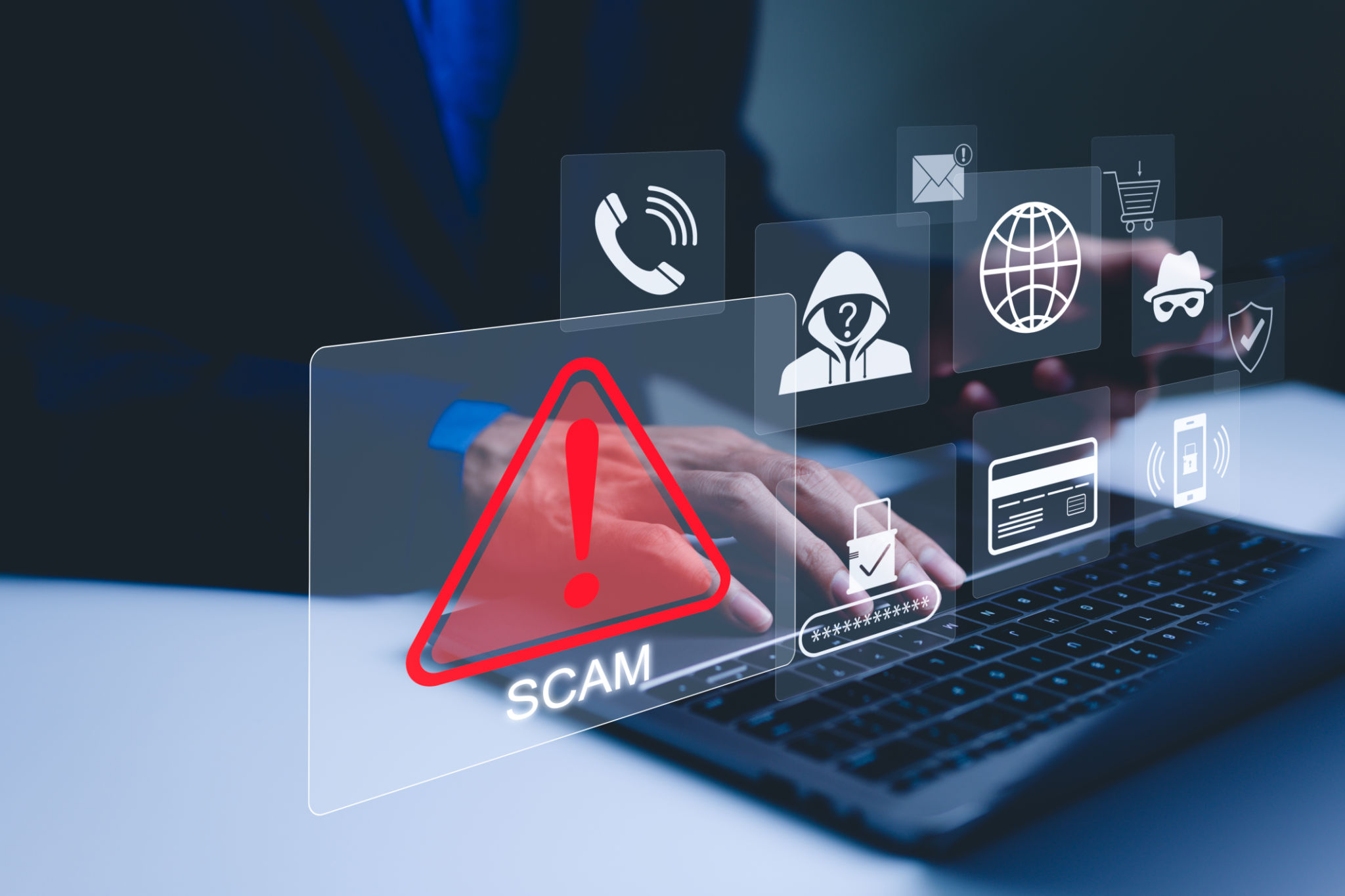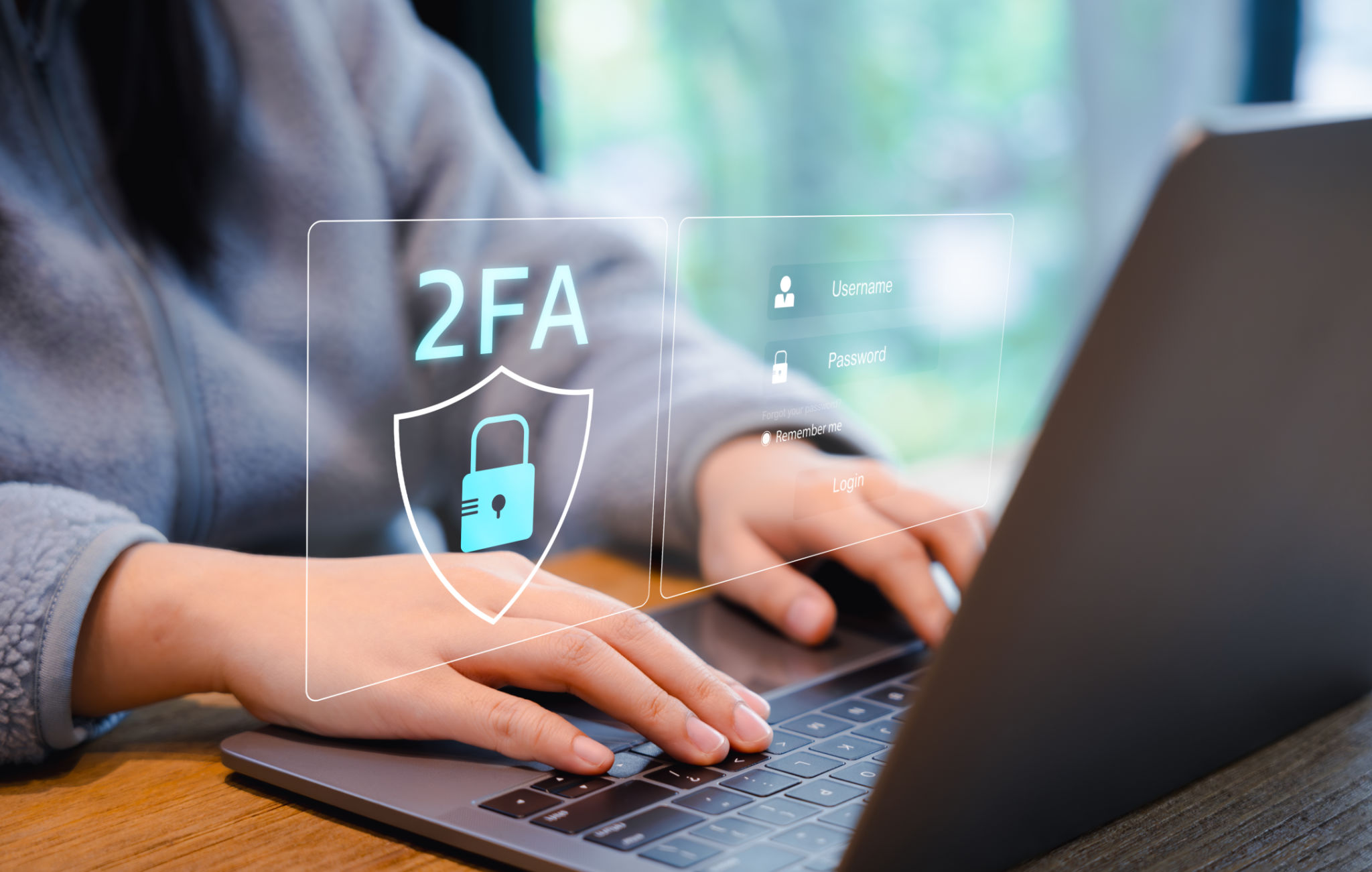Seasonal Tech Safety Tips for Seniors: Staying Safe During Holiday Scams
Understanding Holiday Scams
The holiday season, while joyful and festive, is also a prime time for scammers looking to take advantage of unsuspecting individuals. Seniors, in particular, can be vulnerable to these scams due to the increasing complexity of technology. Being aware of common scams can help seniors stay safe.
Scammers often use fake emails, calls, or texts that appear to be from legitimate companies. They may ask for personal information or direct you to a fraudulent website. It's crucial to remain vigilant and skeptical of unsolicited communications.

Recognizing Phishing Attempts
Phishing scams are one of the most common threats during the holidays. These scams typically involve emails that appear to be from reputable retailers or financial institutions, asking you to verify account details or make payments.
To avoid falling victim to phishing:
- Check the sender's email address for unusual domains.
- Look for spelling errors or generic greetings.
- Avoid clicking on links or downloading attachments from unknown sources.

Staying Safe While Shopping Online
Online shopping is convenient but can pose risks if proper precautions aren't taken. Ensure you're using secure websites by checking for "https://" in the URL and a padlock icon in the address bar.
It's also wise to use credit cards instead of debit cards for online purchases, as they often offer better fraud protection. Regularly monitoring your bank statements can help detect unauthorized transactions early.

Maintaining Strong Passwords
Creating strong, unique passwords is a critical step in protecting personal information online. Avoid using easily guessed information such as birthdays or common words.
Consider using a password manager to help keep track of your passwords securely. This tool can generate complex passwords and store them safely, reducing the risk of compromising your accounts.
Utilizing Two-Factor Authentication
Two-factor authentication (2FA) adds an extra layer of security by requiring a second form of verification in addition to your password. This could be a text message code or an authentication app notification.
Enabling 2FA on important accounts can significantly reduce the risk of unauthorized access, even if your password is compromised.

Staying Informed and Educated
Knowledge is power when it comes to staying safe online. Regularly updating your knowledge of common scams and cybersecurity practices can help you stay alert to new threats.
Consider taking online courses or attending local workshops focused on digital literacy and security for seniors. Many organizations offer free resources tailored to older adults looking to enhance their tech safety skills.
Reaching Out for Support
If you suspect you've been targeted by a scam or need assistance with technology-related issues, don't hesitate to reach out for help. Family members, tech-savvy friends, or community resources can provide support and guidance.
Remember, it's always better to ask questions and seek advice rather than dealing with potential consequences alone. Staying proactive and informed is key to enjoying a safe and scam-free holiday season.

